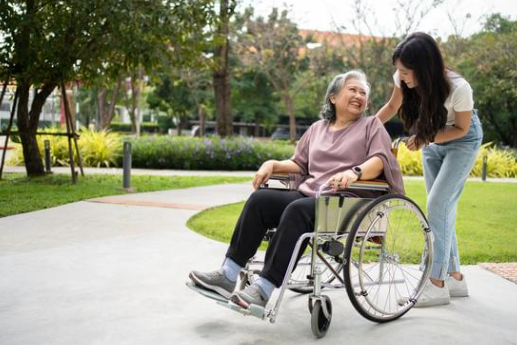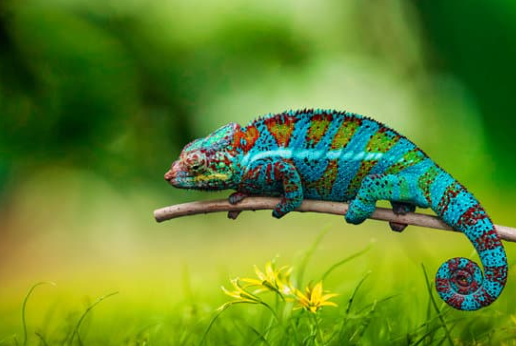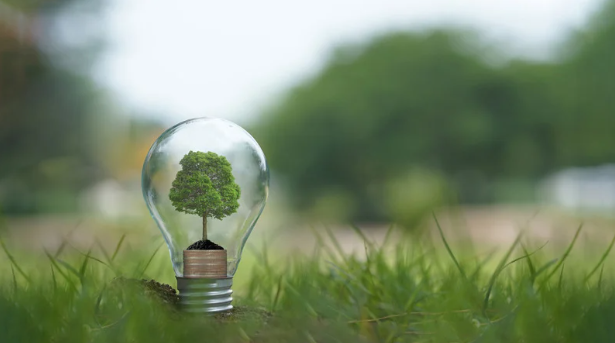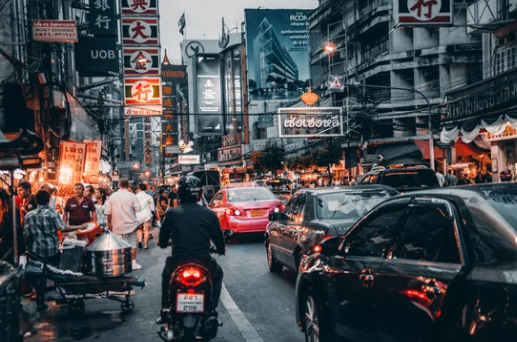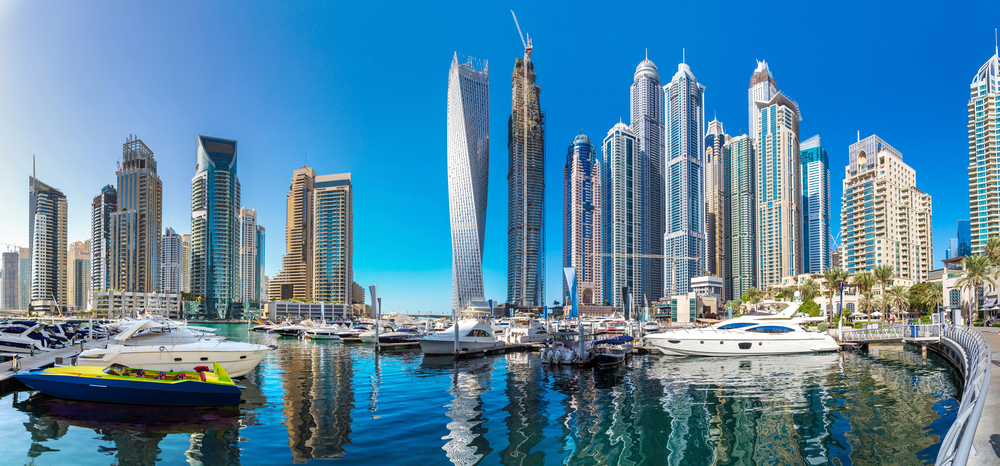
The peace agreement with the United Arab Emirates introduced Israelis not only to a new tourist and cultural destination but also to one of the world’s leading cities in the grounds of technology and innovation – the city of Dubai.
The ruler of the Emirate of Dubai, Sheikh Muhammad Bin Ra’id, launched the initiative back in 2014 when he created an ambitious vision that would turn a city of four million inhabitants – and over twenty million visitors each year – into the smartest city in the world. The Sheikh noticed a link between the measurement of happiness and comfort of residents and visitors, and the development and use of innovative technologies from around the world. These developments could improve and upgrade the quality of life in the city of Dubai.
The main areas of investment and development of smart city technology in Dubai include:
Solar Energy
Although Dubai is an integral part of the UAE being the second-largest emirate, and in control of vast oil resources, still, in order to conserve their precious resource and maintain economic resilience, Dubai is investing heavily in solar energy fields – since it is a hot and sunny region. Dubai aims to reach a situation where no less than a quarter of the country’s energy is derived from solar energy, in a relatively short period of time: by 2030.
So far they are already able to provide all local public lighting on city roads through the use of solar energy. As well as financial savings and economic efficiency, the use of solar energy to replace industrialized energy reduces air pollution and helps to create a green city.
Safety and security
The city of Dubai is comprehensively woven with smart cameras, which are programmed to detect unusual incidents, traffic offenses, incidents of violence, vandalism, and more. The cameras broadcast directly to dozens of control centers and include smart mechanisms for real-time alerts about events that require police and/or municipal intervention. Thanks to the comprehensive network of cameras, the crime rate in the city is exceptionally low, while the cameras also help with maintaining public order and traffic laws. Very few police officers and inspectors can be seen on the streets because of the efficiency of the smart technologies, enabling the police to be involved only in places where their physical presence is required.
Transportation
The road and transportation system in Dubai is one of the most advanced in the world, with about a thousand electric taxis of Tesla already in use, for which there are many convenient charging stations all over the city. Increasing the scope of taxis has been made possible thanks to benefits and tax exemptions along with direct encouragement from the local authority, all with the aim of creating a smart and green city and reducing air pollution. In addition, the city has an electric metro system, which passes through an open urban route as well as an underground route, significantly reducing the amount of congestion and traffic jams in the city. Dubai also has a monorail train – a single-track, electric, self-propelled train without a driver. This train runs on a structured specially assigned fifty-kilometer track route across the coastline and into the artificial islands.
These solutions, together with other operating systems, enable a city without traffic jams, with reduced air pollution, and with a convenient and efficient transportation system for residents and visitors.
Education
As an economic power and a technological leader, Dubai and the UAE as a whole, have elevated education markedly, by making the best use of technology and curriculums, and by making decisions from an international perspective – all in the aim of providing internationally high-standard education, from the age of five all the way through to university. In Dubai, English is the second official language and is taught throughout the education system. The city is home to many different types of schools as well as eleven leading universities, offering academic programs to residents and foreign students.
The education system boasts research laboratories; international programs for the development and training of teachers and staff; hybrid learning; and computerized systems for mapping difficulties and challenges and for developing personal assistance programs.
Trade and Economy
Dubai has spectacular tourist attractions in the field of commerce, including huge malls, floating shopping centers, leisure and entertainment complexes, culinary centers, and more. The rapid development of construction in the city, along with the use of advanced technologies to improve service and manage loads, inventory, and events for the benefit of visitors, has resulted in business complexes that present promising models of economic viability, and are an integral part of the affluent city. Many cities around the world are showing interest in possibilities for developing a smart city, creating a framework for economic savings and streamlining services, and producing solutions to known urban problems such as infrastructure, waste management, construction, transportation, and traffic jams.

